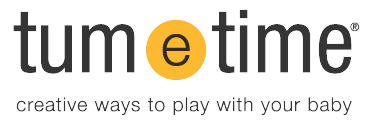Baby sign language is using signs in addition to spoken word. It never takes the place of spoken language as its a total communication approach, instead it acts as a bridge between being nonverbal and verbal.
When parents use sign language with their babies there are many language and communication benefits, but I feel the strongest reasons are because it enriches parent-child relationship by having more positive interactions. Babies and toddlers are better understood and therefore able to get their needs met so there are less tantrums!
Although I had been using it center based in an early intervention program it wasn’t until my daughter was born that I began to really understand the enormous power of signing. It was new years eve day and my 15 month old daughter woke up crying in the middle of the night. As this was so unlike her we knew something was wrong. Turning on the lights we saw her signing ‘pain’ and when we asked her where she pointed to her abdomen. We rushed to the local ER and I told the doctor what she had ‘signed’. The doctor rolled his eyes at me! As if a 15 month old couldn’t possibly understand or describe the specific location of her pain. After running tests, sure enough, she had a UTI. I’ve been committed to teaching signing ever since, because I know the value first hand.
5 Tips for learning to sign:
~ Start right away. You get used to using a new language and baby gets the benefit of seeing it.
How can caregivers help parents work on baby sign language:
~ Get the video out from the library for them or have a copy that families can borrow.
~ Although its harder to learn from a flat image, put signing cards up on the fridge or to reinforce signs like diaper, put a card up in the diaper changing area.
~ Kim Lyons, M.Ed.
